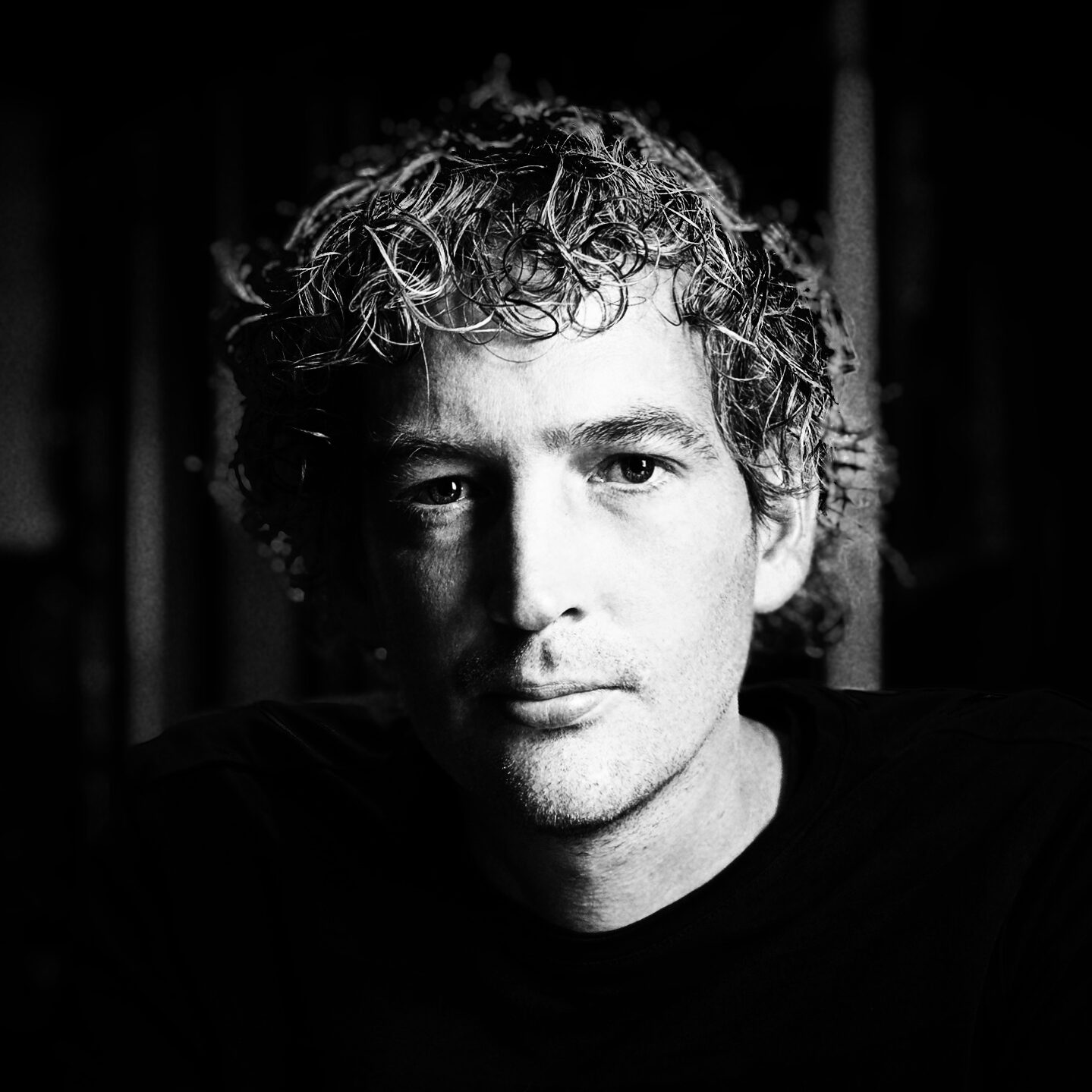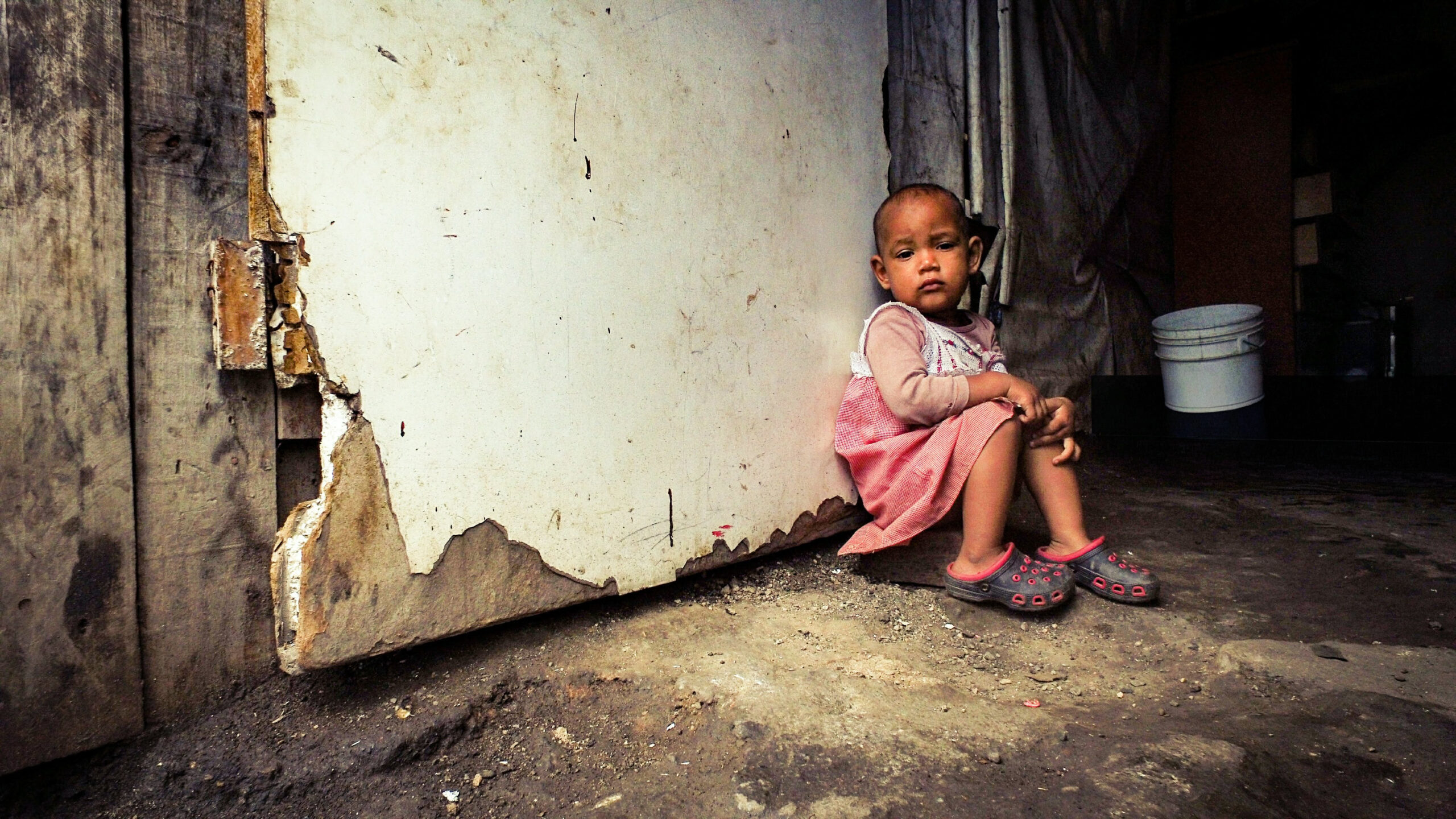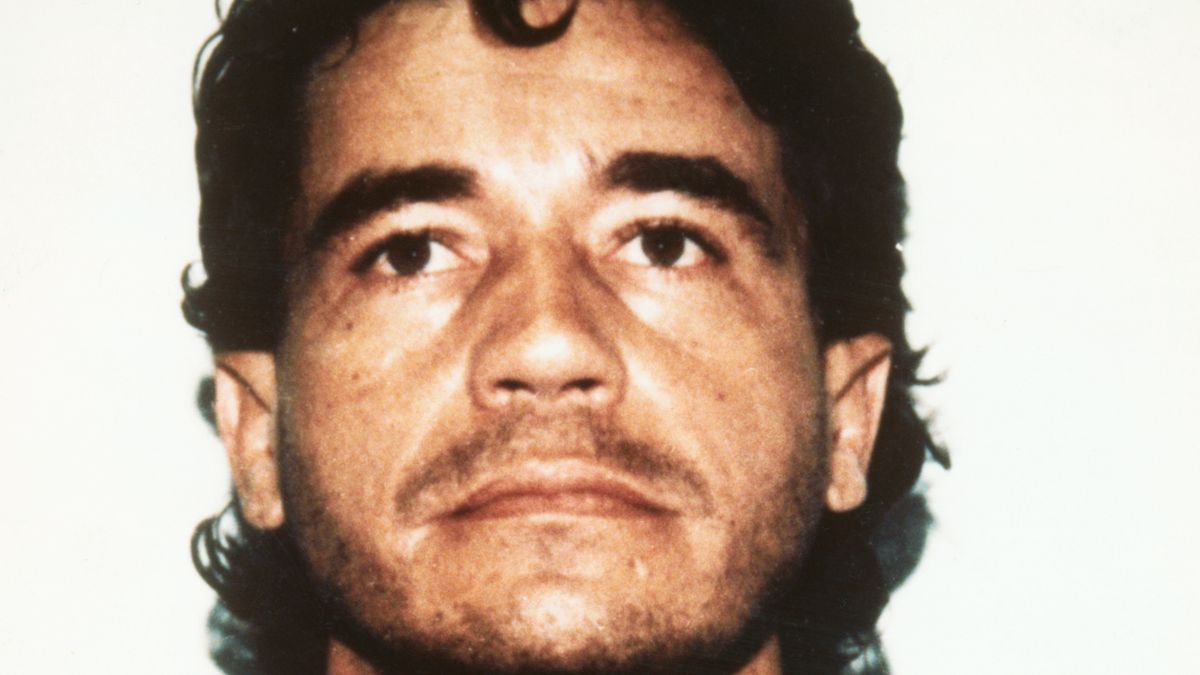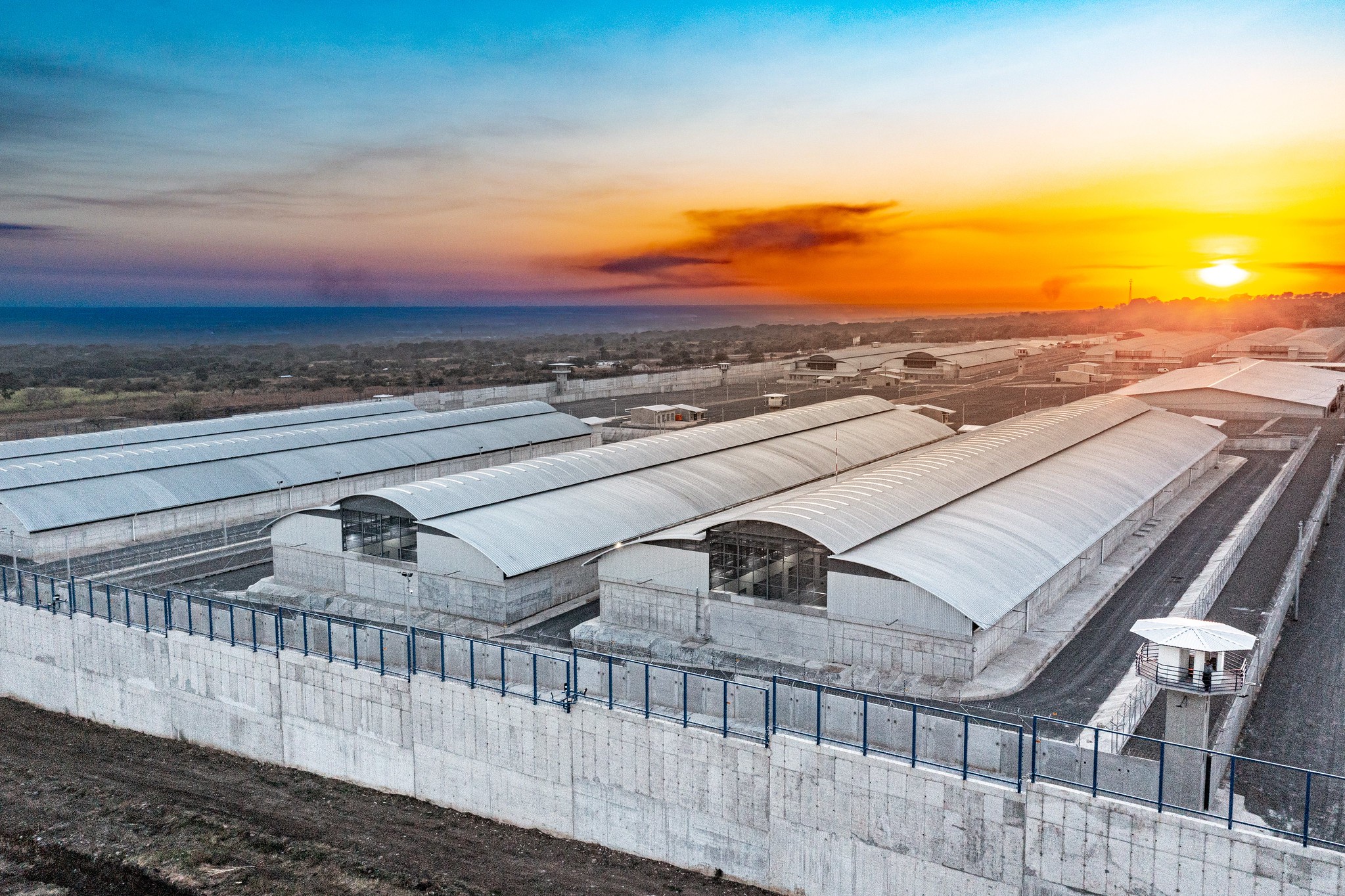It's easy to talk in hindsight, we sometimes say. And I agree, sometimes that statement is rather simplistic. As a researcher, with conflict and crisis areas as my field of work, I have become familiar with uncertainty and chaos, with facing dangers from time to time. I have managed to hold my own in some of the most volatile regions of our earth. However, the enemy I encountered 333 days ago was one I was never prepared for. This invisible enemy in the land of the blind, snatched me away from my familiar front lines and placed me on a completely different one: 333 days on an unknown front line.
Lost in Chaos
There I lay, in intensive care, a world away from the places where I once researched and reported. The memories of the chaos and violence of the past decade seemed even more distant at that moment. I had just given Mijntje the OK sign of divers and I got one back from her so that meant she could see me and that I was still there. My hands were tied to the bed with soft "handcuffs," a snake in my throat prevented me from speaking. Cables and hoses ran from different parts of my body to beeping machines on the wall. In delirium I would imagine at times that those cabinets would occasionally be fed fresh cabbage and other vegetables by the nurses, these they would cut fresh on a table after which it would enter my groin and flow into my body through small tubes. Every now and then they would check my blood values to see if I needed more cabbage or carrots, during my delirium I saw more things that did not match reality.
The diving sign that everything was fine was not obvious
Giving the diving sign to Mijntje - that everything was okay - turned out not to be so obvious in retrospect. Only later would I learn how choices that seemed deliberate beforehand carry much more weight when it comes down to it. Especially when those decisions involve someone dear to you and you have to make those decisions in a less protected environment than over a nice conversation with a good glass of wine. Only later would I understand how badly I had put someone on the spot with this.
As you may notice, I find it difficult to talk about this topic. Although I strive to be open about this as usual, it is important to protect myself and those around me. I do my best, but ask for understanding. Nevertheless, onward from here.
Dreams or reality
Many of the details of what happened in the first few days in the hospital either did not come to me, or escaped me later. I wouldn't be able to put the strings together until later. It was conversations, patient letters and bouts of memory that helped me put these pieces of the puzzle together. I remember a piece of the flight back to Holland, arriving at the airport, our homecoming. I remember being at the doctor's office, the hospital, and then a hard pressure on my chest. I think I was trying with my hands and arms to keep someone from pressing my chest again. Later I would hear that they had to resuscitate me. But if you ask me now if what I remember was a dream or reality, I wouldn't dare put my hand in the fire for that. The days and weeks that followed were a mix of reality and illusion - an experience I wouldn't wish on anyone.
My body was weak. Even sitting upright was a huge task. In the first few days it seemed like I was attached to the hospital bed like a magnet The cables and tubes connected to me became less and less day by day, until finally even the IV was disconnected and removed from my now very weak hand. I think a specialist from almost every department was involved in my case. I was given dozens of types of medication, yet each day felt like a new step, sometimes even a victory, however small.
The whiteboard at the foot of my bed listed my weight, among other things. It started at 77.5 kg and dropped to 62.4 kg in just one week. That's more than 15 kg of fluid leaving my body. Although I was never particularly heavy, especially in recent years, during the subsequent rehabilitation process, I would gradually move back toward 80 kg.
The sense of progress and the enduring struggle
Sometimes I feel like I still have a long way to go, but then when I think back on that period, I realize how far I've come. They say it goes like this: You make rapid progress in fits and starts, but recovery is not a linear process. There are times when it takes longer to feel like you've taken a step forward, and not everything is measurable. What I do know for sure is that it is intense. My days are filled with physical and occupational therapy, swimming, going back and forth to the hospital for tests, and much more.
It has now been 333 days since I was on the brink of death, and I can look back on that time with a different perspective. Not only on the period in the hospital, but also on the time before that. After being home for a few months and undergoing day treatment, I was readmitted to rehab a week and a half ago. What first seemed like an injury three months ago later turned out to be a more complex problem. After surgery two weeks ago, another one is scheduled in a few weeks. If all goes well, after that I will soon be able to work on my rehab and get back to where I was before the "injury," and continue from there
A renewed focus and the path forward
For the first six months of my rehab, I couldn't think about work. That is still difficult, but in addition to my rehabilitation, I am trying to spend some time exploring opportunities. For now, that will be on the digital front lines, as the other fronts are difficult to reach by wheelchair. Moreover, my medical condition does not yet allow me to think about leaving at all.
The outlook is relatively good and I hope to have an even better picture within three months. One thing is for sure, this could have turned out so much worse. I may not be able to do everything I did before, but it has given me new insights that allow me to do certain things better. My life will be permanently changed by this. I look differently at my own abilities, my own body, but also at my loved ones and at the essential things that make life worth living, sometimes things I had lost sight of.
In the coming time I will be more active online again. I might write about different topics from time to time than you are normally used to from me, but I hope they will not be less interesting.





